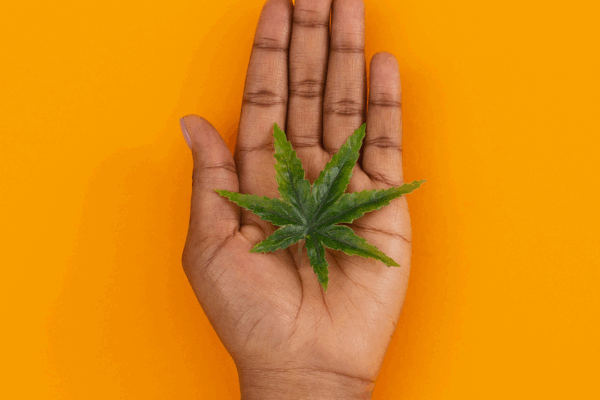Related Content
Nov 09, 2022

Marijuana Legalization in Maryland
Recreational marijuana is legal in Maryland as of July 1, 2023. Know your rights.
Nov 09, 2022

Legalización de la marihuana en Maryland
La marihuana recreativa es legal en Maryland a partir del 1 de julio de 2023. Conozca sus derechos.
Jun 13, 2023

Can Marijuana and Racial Justice Coexist?
Starting on July 1, 2023, marijuana will officially become legalized in Maryland for adults 21 and up. This also includes a new law that bans police stops and searches based on the alleged smell of marijuana. But is that enough for Maryland to become a model for marijuana and racial justice?
Mar 15, 2023

Commentary: The smell of marijuana and the stain of racism
As of July 1, 2023, marijuana will be legal in Maryland. There is no reason why the odor of a legal substance should continue to be used as a tool by law enforcement to stop and search people, especially when police have disproportionately stopped and searched Black and Brown people.
Stay Informed
Sign up to be the first to hear about how to take action.
By completing this form, I agree to receive occasional emails per the terms of the ACLU’s privacy statement.
By completing this form, I agree to receive occasional emails per the terms of the ACLU’s privacy statement.
